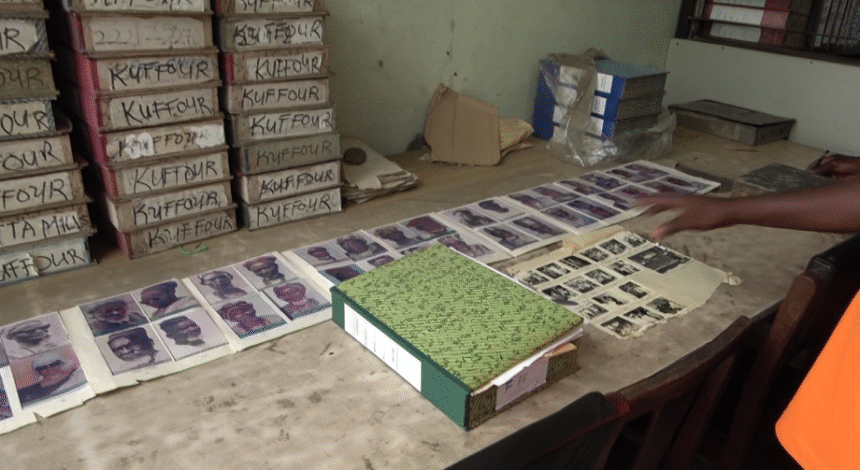In central Accra, the once-vibrant headquarters of the Information Services Department (ISD) now tells a sobering story of neglect. Crumbling infrastructure, exposed wires, and piles of dust-covered records reflect the decline of an institution that has served as the backbone of government communication for over eight decades.
Once a vital force for public education and national outreach—from town criers with megaphones to mobile cinema vans—ISD is now grappling with the harsh realities of age, underfunding, and irrelevance in a digital age.
A recent visit by Parliament’s Communication and Information Committee highlighted the urgency of the situation, prompting a desperate appeal from ISD management for immediate intervention.
A Legacy Under Threat
The ISD was once the trusted voice of government, responsible for disseminating policies, shaping public understanding, and documenting Ghana’s political evolution. But much of that legacy is now at risk.
Particularly alarming is the state of the Audiovisual Department, which houses irreplaceable archival materials — rare photographs, film reels, and documents chronicling the country’s history, including the journeys of Ghana’s Heads of State dating back to the pre-colonial era. These national treasures are deteriorating. Photographs are fading, paper records are disintegrating, and audio-visual tapes are at risk of permanent damage due to poor storage conditions.
Daily Operations in Decline
Beyond the archives, the department’s day-to-day operations are plagued by deep structural issues. Frequent power outages caused by faulty wiring have sparked minor fire outbreaks and frequently disrupt internet services, endangering staff safety and severely hampering productivity.
Logistics are equally dire. With fewer than 30 vehicles serving all 16 regions, field officers struggle to carry out essential public education campaigns across the country — one of ISD’s core mandates.
Financial Strain and an Uncertain Future
The deteriorating infrastructure has also crippled the department’s ability to generate internal revenue, leaving it unable to cover even basic operational costs. In a bid to stay functional, ISD management says they are seeking external support while waiting on long-promised government intervention.
Without urgent action, not only does ISD risk becoming obsolete, but Ghana also stands to lose a significant portion of its recorded national history—a loss that would be both cultural and institutional.














